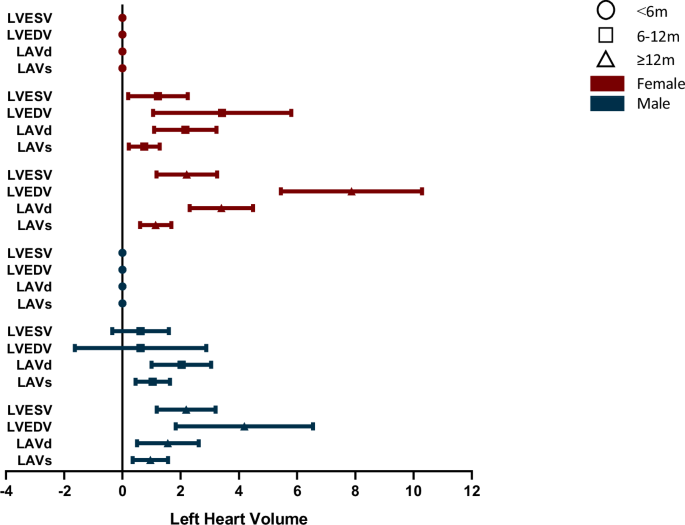Reimagining educators' role through the lens of the scholarship of teaching and learning
In recent years, there has been a growing urgency to rethink how we engage with teaching in higher education. In many higher education institutions, teaching continues to be viewed as secondary to research, often performed in isolation and judged by superficial indicators of engagement. What if we took a different approach? What if we recognised that teaching can be a scholarly act, one that is evidence-informed, reflective, and responsive to the lived experiences of our students? This is where the Scholarship of Teaching and Learning (SoTL) comes in.
SoTL challenges us to examine our teaching practices with the same rigour we bring to disciplinary research. It asks us to question our assumptions, gather data on how students learn, and reflect critically on how our pedagogy supports or hinders that process. Teaching, in this view, is not an intuitive performance but a site of inquiry where knowledge is not only transmitted but also generated.
Across universities, teaching is increasingly shaped by performance. Slides, lesson plans, and assessments are meticulously crafted. However, how often do we pause to ask whether our strategies are grounded in evidence? SoTL urges educators to interrogate not just what they do but why they do it and whether it actually supports students’ learning.
This is where the distinction between teaching and teaching well becomes critical. Passion and experience are not substitutes for critical inquiry when it comes to teaching. A lecturer may be deeply committed to student success yet unaware of how their strategies influence learning outcomes. SoTL invites us to bring curiosity into the classroom, treating it not only as a place of delivery but also as a site of discovery. This mindset helps us refine our practice while contributing to a broader pedagogical knowledge base that can inspire others.
When I joined a SoTL workshop at the University of Johannesburg in May 2025, I expected discussions on familiar teaching topics. However, I was invited to reimagine the very nature of teaching. One of the most striking takeaways came from the facilitator, who said, “SoTL is not about proving how well you teach, but about exploring what works, why it works, and how it might work better.”
This reframing resonated deeply with me. SoTL transforms teaching from performance into inquiry and positions educators not as experts proving their worth but as reflective learners seeking deeper understanding. This shift requires humility, a willingness to challenge assumptions, embrace student feedback, and re-evaluate what effective teaching really means. In SoTL, we do not search for perfection but insight. We ask: Why do some students disengage despite our efforts? How does our assessment language affect motivation? What hidden biases might shape how we respond to students?
In other words, SoTL calls for evidence from student reflections, peer reviews, focus group feedback, and other sources so that we can make informed, ethical, and inclusive choices in our pedagogy.
In South Africa, SoTL takes on added meaning. It is not only a scholarly endeavour but also a form of social and educational responsibility. Our classrooms mirror broader inequalities such as language barriers, uneven access to resources, and historical exclusion. SoTL offers a framework to address these complexities with intentionality. SoTL helps bridge the gap between good intentions and actual transformation.
South African universities have engaged in SoTL through a range of initiatives, including institutional projects, national conferences, and international collaborations. All of these efforts are aimed at strengthening teaching in higher education. Yet, for SoTL to drive lasting change, it must move from the margins to the centre of institutional policy and culture. When educators are supported to treat their teaching as research, of course, students benefit most. When students thrive, institutions, on the other hand, evolve into true sites of equitable, transformative learning. To achieve this, universities must intensify how well they integrate SoTL into their academic recognition frameworks, including promotion policies, research grants, and professional development programs.
One of SoTL’s most important contributions is its ability to break the isolation that often defines academic teaching. Behind closed doors, educators rarely share what works, what fails, and how their methods evolve. SoTL fosters a collaborative, reflective culture where educators publish insights, test new methods, and learn from one another. In today’s dynamic academic culture, pedagogical reflection is often sidelined. SoTL encourages us to remain engaged and think more deeply, and it also reminds us that teaching is a craft. With SoTL, our classrooms are not just delivery zones but spaces for shared inquiry and growth.
SoTL helps us ask better questions that challenge assumptions and build a stronger commitment to student learning. Since engaging with SoTL more intentionally, I have begun documenting my classroom practices, what does not work, and why. I solicit feedback not for compliance but for learning. I read pedagogical literature alongside disciplinary texts. I now see my lecture hall not as a stage but as a laboratory of learning and meaning-making.
To my colleagues across South Africa, I offer this reflection not as a conclusion but as an invitation. Let us see SoTL not as a passing trend but as a professional and ethical responsibility. Let us reimagine our classrooms, whether physical or virtual, as spaces that deserve the same intellectual curiosity we bring to our research. When we treat teaching as scholarship, we uplift not just our practice but the entire academic experience. We owe this not only to our students but also to ourselves as educators striving not just to transfer knowledge but to cultivate understanding, equity, and wisdom. Passion matters, yes. But more than that, we must teach with purpose.
* Dr Eseadi wrote from the University of Johannesburg, South Africa.












